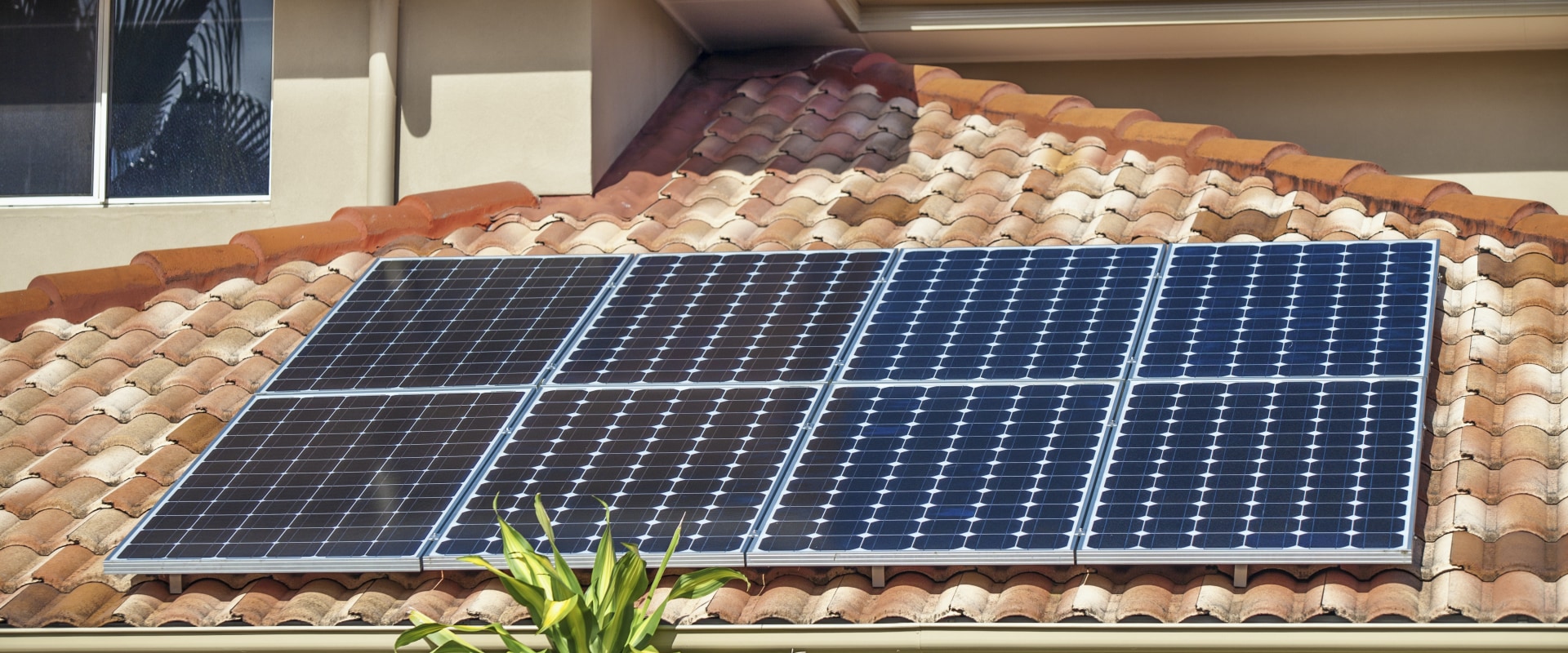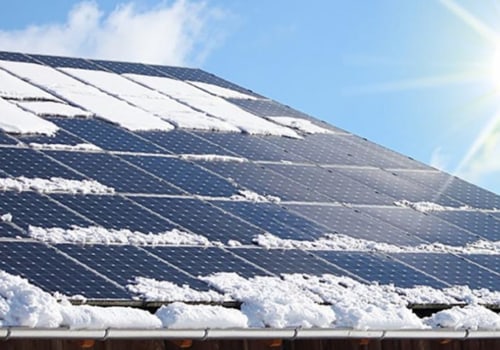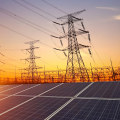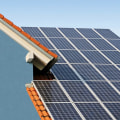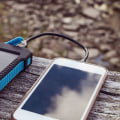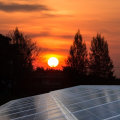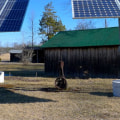Solar energy is a clean and renewable source of energy that can be used to power homes and businesses. But what happens to the unused solar power? In this article, we'll explore the different ways that unused solar energy can be used, as well as the potential risks associated with it. When solar panels are installed, they generate electricity from the sun's rays. This electricity is then stored in batteries for use when needed.
However, if the batteries become full, any additional energy generated by the solar panels will be wasted. Unused energy from this solar power array will be automatically exported to the power grid, giving the owner a credit for future electricity use on non-sunny days. This is known as net metering, and it allows homeowners to receive credits for any excess energy they generate. When the modules continue to pump electricity to the batteries beyond their capacity, an overload occurs.
It can severely damage your battery banks and make them unusable afterwards. To avoid this, it's important to install a switch that will direct excess energy to auxiliary sources or simply ensure that excess charge does not damage the battery. Other people will end up using the energy you generate and will pay you in return. This is a great way to make money from your unused solar energy and help reduce your electricity bills.
The efficiency of your solar panel will determine the amount of sunlight that can be converted into electricity. In some cases, people connect the output cables of the solar modules directly to the battery terminals. The fact is that solar panels alone have no way of understanding if the batteries are full or not. With fewer people in the house, total energy consumption decreases even though the solar system generates the same amount.
If your charging (charging the battery plus the home) requires less energy than your solar panels can produce, the excess potential energy is simply wasted. Although the costs of residential batteries are still relatively high compared to the entire solar system, some customers will install them so that they can be used to store energy during power outages, such as a storm or other catastrophic event. No, your additional solar electricity can be used elsewhere, assuming your system is connected to the power grid. Every bit of electricity sent to the grid from its solar panels is electricity that the power company doesn't have to generate by burning fossil fuels. An added benefit is that your unused solar energy will be converted into credits on your utility company's bill that you can use during the winter months or whenever you want. Powering the grid with clean solar energy reduces the local electricity load, which is a huge benefit for all residents of the area, as this will save money for everyone.
As shown above, a solar cell does not produce all of its energy all the time, but it still receives energy from the sun. In conclusion, unused solar power can be used in a variety of ways. It can be sold back to utility companies for credits on future bills or stored in batteries for use during power outages. It can also help reduce local electricity loads and save money for everyone in an area.
